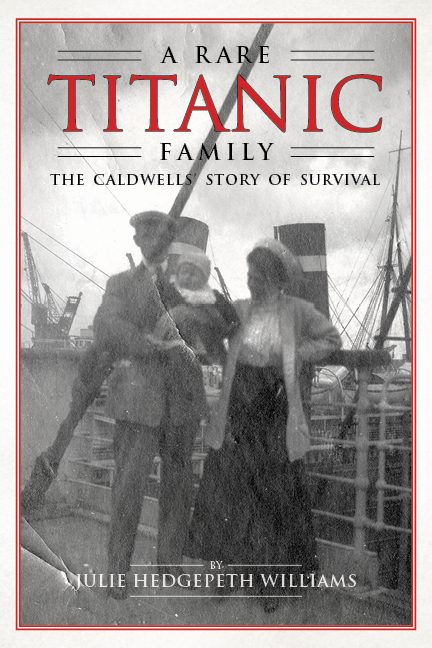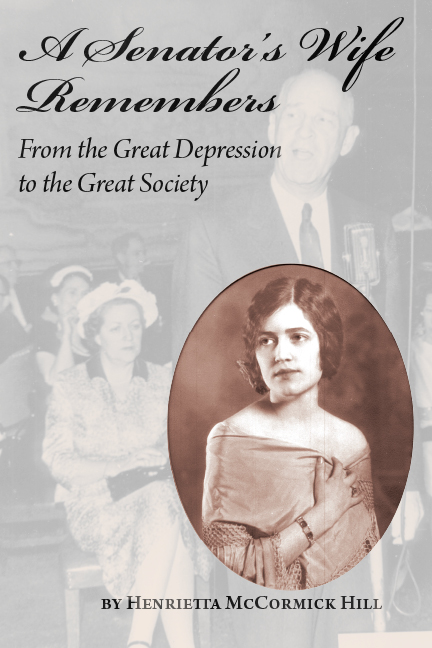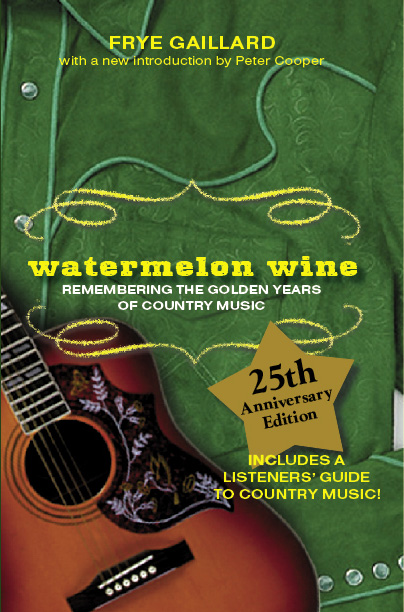Podcast of Titanic survivor Albert Caldwell, free from iTunes
Tuesday, March 27th, 2012 by Brian Seidman As the one-hundredth anniversary of the sinking of the Titanic draws closer, NewSouth Books offers a unique opportunity to hear an account of the disaster from an actual survivor of the ship.
As the one-hundredth anniversary of the sinking of the Titanic draws closer, NewSouth Books offers a unique opportunity to hear an account of the disaster from an actual survivor of the ship.
In addition to our book A Rare Titanic Family by scholar Julie Williams, which relates the account of her great-uncle Albert Caldwell and his family surviving the disaster, NewSouth is now releasing a special audio podcast in which Caldwell himself talks about his memories of that night in April 1912.
Download survivor Albert Caldwell’s recollections of the Titanic disaster now, free from iTunes.
Caldwell made the recording with his nephew, Bill Romeiser, in the early 1970s. In the podcast, Caldwell discusses how a series of coincidences put he, his wife, and their ten-month-old son on the Titanic, including that originally Caldwell was told there were no seats on the ship but later he was able to secure tickets. He relates how the night before the disaster, the ship happened to have a pastor speaking and praying with travelers. “How little did that happy throng … who were worshipping God at that time,” Caldwell says, “realize that within a few hours, the great majority of them would meet Him.”
When the ship hits the iceberg, Caldwell is initially assured that there’s no danger, but later his family is ushered on deck with the other passengers. Seeking more information about the ship’s condition, Caldwell and his family happen to encounter a half-full lifeboat, saving their lives.
“We pulled away to a distance of perhaps half a mile,” Caldwell recalls, after his lifeboat was in the water, “and watched the Titanic sink. At first glance it seemed unharmed; as I looked toward the front of the vessel I could see that the lower line of portholes ran down into the water. … The last I saw of the Titanic was the stern of the boat outlined against the starry sky, and then with a gentle swish she disappeared from sight.”
Additional information about Caldwell, including how his life changed after surviving the Titanic, can be found in Julie Williams’s aforementioned book, A Rare Titanic Family. Library Journal praises Rare Titanic Family as “a warm biography … related with obvious affection,” and a Christian Science Monitor reader called the book “gripping.” Ben Steelman of the North Carolina Star-News profiled Julie Williams and Rare Titanic Family on his “Bookmarks” blog.
Publishers Weekly included the book in their roundup of Titanic titles, “Still a Night to Remember,” quoting NewSouth publisher Suzanne La Rosa who said Rare Titanic Family “stands out because the author ‘gives voice to the drama such that the human dimensions of the tragedy emerge.'” The New York Times mentioned the book in a similar list on their ArtsBeat blog.
Albert Caldwell’s audio recording can be downloaded from iTunes. A Rare Titanic Family is available in print and ebook formats from NewSouth Books, Amazon.com, or your favorite bookstore.

 Politics is never simple, but as the current race for the White House continues to heat up, it’s nice to recall a simpler — or at least friendlier — time.
Politics is never simple, but as the current race for the White House continues to heat up, it’s nice to recall a simpler — or at least friendlier — time. On March 1, the University of Alabama’s journalism department presented NewSouth writer
On March 1, the University of Alabama’s journalism department presented NewSouth writer 
